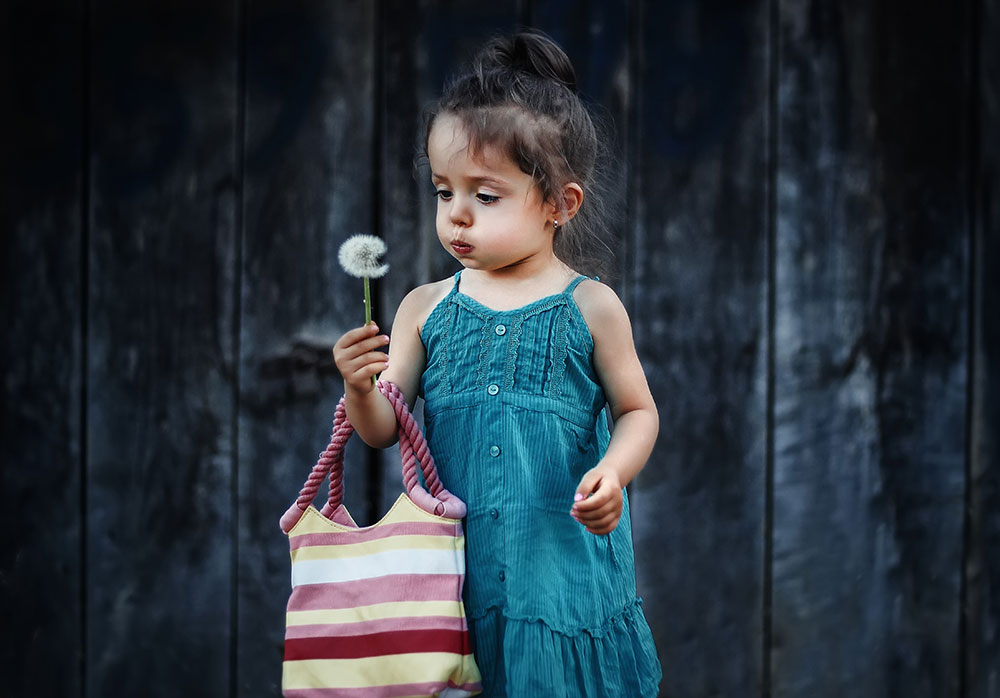
Referring to various judgments made by the Supreme Court, Chief Justice of India, DY Chandrachud, expressed that India’s legal framework has frequently been misused as a tool to systematically oppress specific communities.
In a report by Bar & Bench, CJI Chandrachud emphasized that judges should be aware of the societal realities, as marginalized social groups have been subjected to severe injustices. He pointed out that both India and the United States have historically denied voting rights to oppressed communities for extended periods.
The CJI underscored the vital role of constitutional democracies in ensuring that safeguards for marginalized communities are upheld, and policies are formulated to uplift them.
Speaking at the Sixth International Conference on the ‘Unfinished Legacy of Dr. BR Ambedkar,’ organized by Brandeis University, CJI Chandrachud advised that marginalized communities should have a meaningful voice in the decision-making process as well.
In a recent event during the 3rd Comparative Constitutional Law discussion, co-hosted by the Georgetown University Law Center, Chandrachud defended his minority verdict regarding certain aspects of same-sex marriages, affirming that his judicial opinions often reflect a “vote of conscience and a vote of the Constitution.”
On October 17, a five-judge Constitution bench, headed by the CJI, unanimously declined to grant legal recognition to same-sex marriage, asserting that there was “no unqualified right” to marriage.
Regarding the fundamental issue of whether same-sex couples should have the right to form binding unions and cohabit in traditional relationships, three of his colleagues acknowledged their right, but they didn’t consider it a constitutional right.
CJI Chandrachud also addressed the matter of whether same-sex couples have the right to adopt. He argued that under Indian law, a single individual or a woman can adopt a child. He stated that if same-sex couples are together, there is no reason to deny them the right to adopt a child simply because they are in a queer relationship. So, while there was unanimity on broader aspects, he was in the minority on the issues of the right to form unions and adoptions, with two colleagues as opposed to three.








